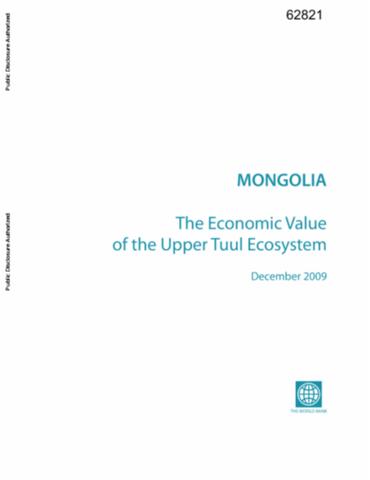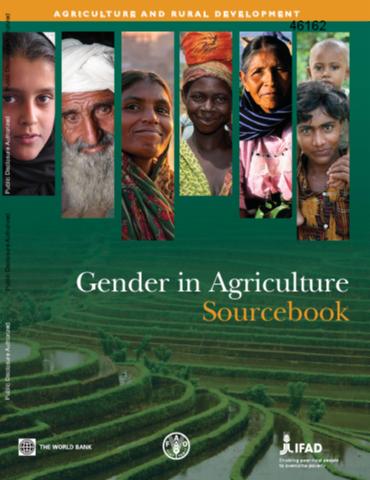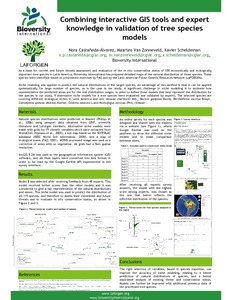Mongolia
The economic value of the Upper Tuul ecosystem in Mongolia reports on a study carried out under the auspices of the World Bank and the Government of Mongolia. The goal of the study was to improve understanding about the economic value of the Upper Tuul ecosystem for Ulaanbaatar's water supplies and how this might be affected by different land and resource management options in the future.





